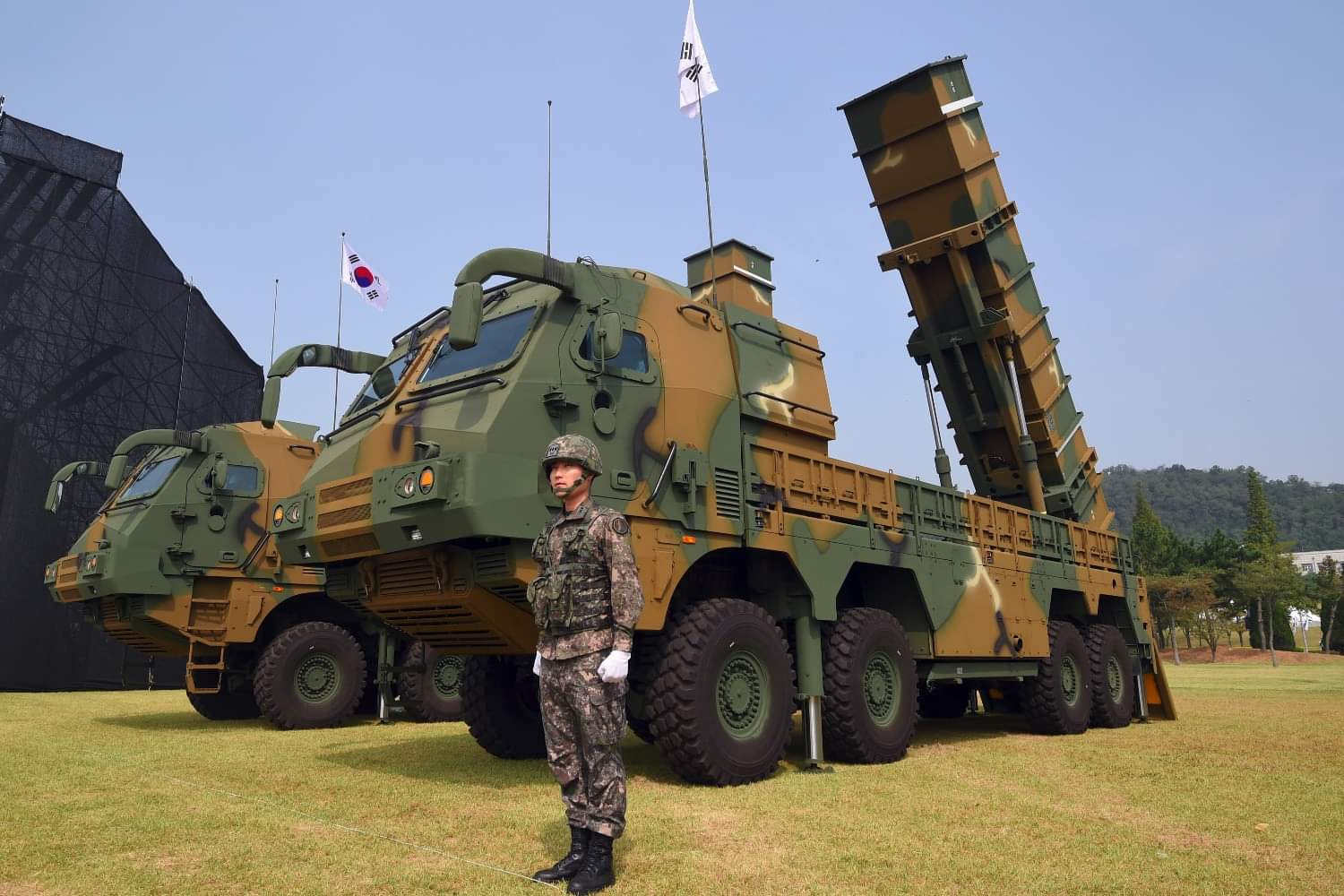S. Korea Eyes Faster Weapons Deployment With Bottom-Up Approach
South Korea is finalizing a bottom-up acquisition approach for faster weapons development and deployment, Chosun Daily reported.
The proposed framework would allow defense companies to influence military requirements by proposing new systems during the early stages. This approach aims to tailor the research and development (R&D) process for greater cost efficiency.
It also seeks to reduce the typical five-to-ten-year development cycle, enabling the Republic of Korea Armed Forces to adopt swiftly-evolving next-generation technologies faster, such as drones and artificial intelligence-equipped systems.
Companies with approved proposals will submit development plans, and the military will proceed with acquisitions based on them.
The initiative aligns with the country’s goal to be self-reliant in defense, prioritizing domestic R&D and production, in addition to its goal of becoming one of the world’s top defense exporters.
Current Framework
The current practice follows a top-down approach: the military identifies its needs and submits requests for review by the Joint Chiefs of Staff (JCS), which consists of the chiefs of each major military branch and advises the president and defense minister on military affairs.
If approved, the JCS forwards the request to the Defense Acquisition Program Administration (DAPA), the agency responsible for defense procurements, ensuring alignment with national standards and fostering the domestic defense industry.
DAPA conducts feasibility studies through a business strategy review, manages budgets in coordination with the Ministry of National Defense, and issues requests for proposals that manufacturers must respond to with specific technological solutions.
Under the existing system, an unnamed defense company official told Chosun Daily that companies cannot participate in a bidding process “unless the military specifically requests the technology.”
Firms also invest significant time and resources into R&D without guaranteed government contracts.
DAPA aims to address these challenges through the proposed system. It hosted an informational session on March 18 to gather industry feedback, reportedly receiving a positive response, though some concerns were raised about ensuring fairness in the bidding process.












